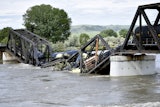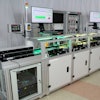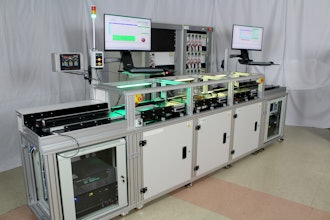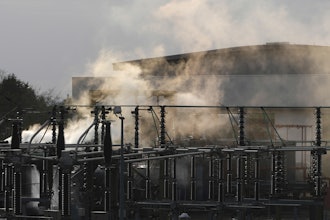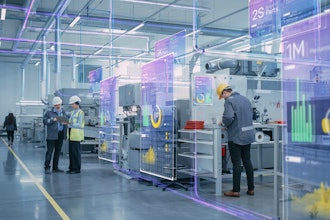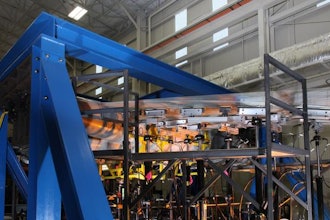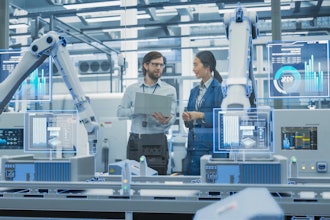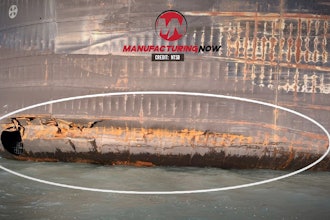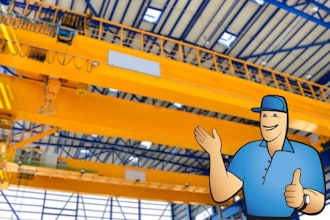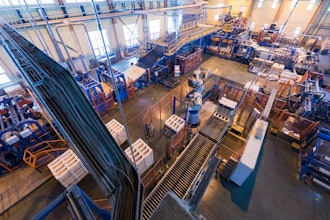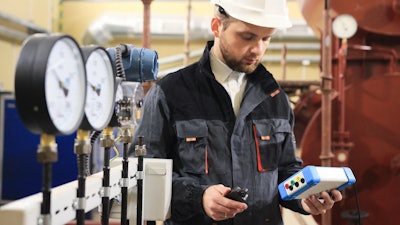
Data loggers are electronic sensors that record data over time. They are often small and portable and, these days, are often part of the Internet of Things (IoT). This means that they are internet-connected and can transmit their data to a central hub, like a cloud-based remote monitoring system.
Data loggers play a key role in a variety of industries. They have such a wide and varied range of uses that they make sense for many applications. Some industries use the same applications in different ways and for different purposes. Others use data loggers in completely different ways to suit their needs.
We want to help give you a better understanding of what data loggers are, how they are used, and what industries are currently utilizing this technology. To do this, we have pulled together a list of five of the most popular ways that data loggers are being used in 2021 and in what industries this is happening. Here are five common applications for data loggers.
1. Environmental monitoring
Probably the most common and widely-used application of data loggers is for environmental monitoring. Data loggers can record and transmit precise temperature, humidity, and pressure data so that an organization can keep a close eye on the environment of a given area. Companies such as Dickson specialize in the type of data loggers used for monitoring temperature, humidity, and pressure.
Environmental monitoring in 2021 applies to many different types of environments. The one that everyone is talking about right now is monitoring the deep-freeze temperatures needed for several of the COVID-19 vaccines. While this is the most newsworthy application now, it is far from the only application.
Many highly-regulated industries must maintain precise environmental conditions throughout the manufacturing, distribution, and storage process. This helps ensure that the products stay effective and safe for use. Environmental monitoring is particularly important in the pharma, healthcare, food and beverage, aerospace, and manufacturing industries.
2. Industrial health and safety
Data loggers are not just used to keep consumers safe when using certain products. They also help keep the people who produce these products safe too. Data loggers are currently being implemented in a number of industries where the health and safety of workers can be at risk. They are especially prevalent in situations where air quality is a concern.
To monitor air quality in industrial situations, organizations are turning to carbon dioxide (CO2) data loggers to keep workers safe. High levels of indoor CO2 can be hazardous to a person’s health. Certain industrial processes produce high levels of CO2, and data loggers can monitor these levels to make sure they do not get too high and warn people if they do.
It is not just in industrial processes that CO2 data loggers are being used. The data loggers can also help ensure that HVAC systems in buildings are performing correctly. In certain buildings, like government or school buildings, monitoring the HVAC systems and air-quality is required by local laws and regulations.
3. Energy efficiency management
In 2021, becoming greener and more environmentally-friendly is a top priority. Saving money is and always has been a top priority for businesses. Data loggers can help with both these goals when they are used to monitor and manage the energy efficiency of a space, facility, or building.
Data loggers are being used in all types of settings to help monitor power usage, energy consumption, and HVAC efficiency, to name a few. For some industries, this is a regulated piece of what they do. Data loggers help these organizations conform to the Energy Savings Opportunity Scheme (ESOS) in the UK, ISO 50001 elsewhere in the world (including the U.S.), and other energy management requirements.
Monitoring energy consumption and energy efficiency is food for the planet and will have long-term benefits for the organization and the world. In the shorter-term, keeping a close eye on energy efficiency and usage will also help benefit an organization’s bottom line.
4. Farming
Farming may seem like an area where technology isn’t used as much as other, newer industries but these days, that is far from the truth. Technology is helping the agricultural industry grow greater quantities and better quality food for everyone. One of the ways they are doing this is by making the farming process more data-driven through the use of data loggers.
In farming, data loggers are being used for a variety of advancements. They are used to better record the weather to help in crop growth. They are used to record the hydrographic conditions as well. That means things like the water level, depth, flow, pH levels, and more. They can also be used to help record data on soil moisture levels.
All this data allows farmers to know when to plant crops, when to harvest crops, what to plant, and how to better manage other food sources like livestock. The oldest industry in the world, farming in 2021 uses data loggers to help make it a thoroughly modern industry.
5. Urban planning
It isn’t just companies that are benefiting from data logger technologies. Federal, state, and local governments are also using data loggers to great effect in 2021. As with any endeavor, data loggers help provide governments with better, more accurate data which leads to better, data-driven decision making.
Data loggers are being used on highways and surface roads to do road traffic counting. This gives municipalities a better idea of how and when their roads are being used and how many people are using them. This will allow these institutions to make better decisions when it comes to things like road maintenance and, potentially, traffic management as well.
Conclusion
These five common applications just scratch the surface of what data loggers are used for. Environmental monitoring, industrial health and safety, energy efficiency management, farming, and urban planning processes are all benefiting greatly from this technology. But they’re not the only ones. Data loggers can help almost any industry improve their data-driven decision making, and more industries are and will be adopting this tech all the time.
